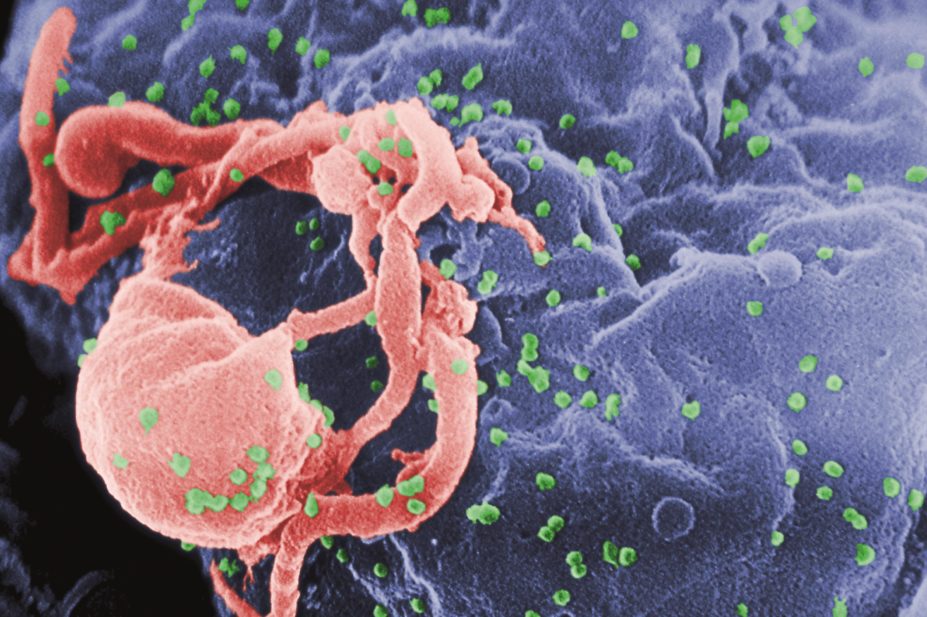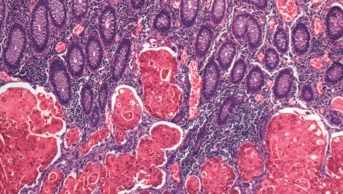
C. Goldsmith / CDC
Treatment and prevention of HIV is reliant upon combination antiretroviral therapy (cART). Tenofovir is an essential component of first-line cART and also prophylaxis. But few data exist on the frequency of drug resistance in low and middle income countries.
To address this, an international study analysed data from 1,926 people across 36 countries. A high proportion of HIV-infected patients who fail to respond to first-line treatment were resistant to tenofovir. The highest rate was in sub-Saharan Africa at 57%; in Western Europe, the rate was 20%. Patients with tenofovir resistance also frequently developed resistance to other drugs in their regimen.
Reporting in The Lancet Infectious Diseases (online, 28 January 2016)[1]
, the team say that better HIV care and surveillance for tenofovir resistance are needed to help prolong the lifetime of tenofovir-containing cART and prophylactic regimens.
References
[1] The TenoRes Study Group. Global epidemiology of drug resistance after failure of WHO recommended first-line regimens for adult HIV-1 infection: a multicentre retrospective cohort study. Lancet Infectious Diseases 2016; doi: 10.1016/S1473-3099(15)00536-8.


